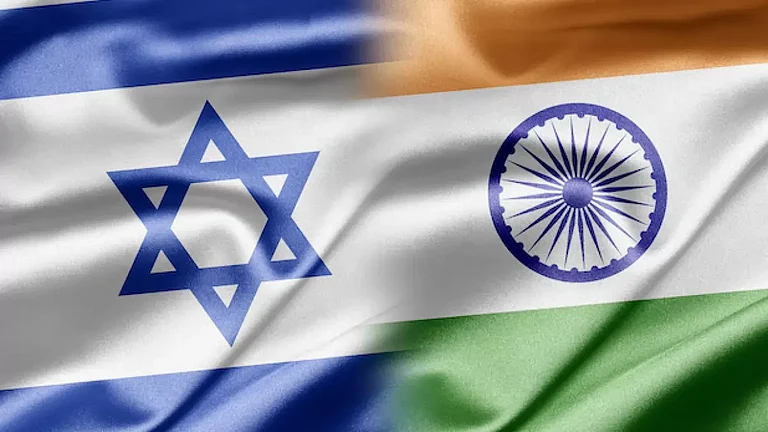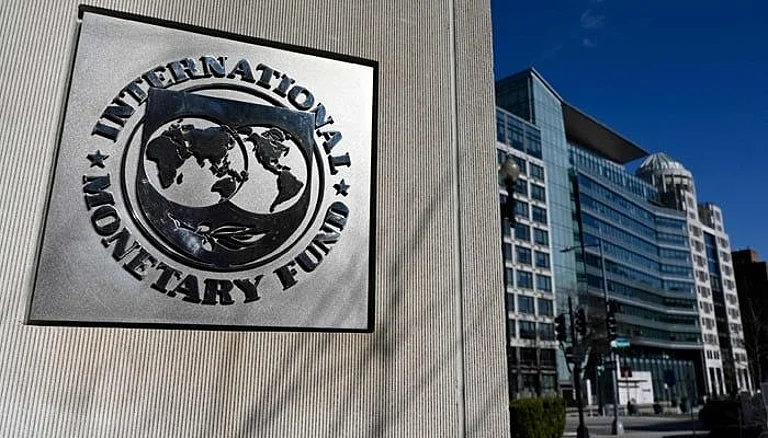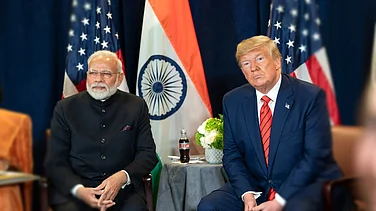Cash-strapped Pakistan’s interim government on Friday vowed to revive the stagnant economy while fulfilling its international obligations, including agreements with the International Monetary Fund (IMF).
Information Minister Murtaza Solangi, Finance Minister Shamshad Akhtar, Power Minister Mohammad Ali and Commerce Minister Dr Gohar Ejaz addressed a press conference following the fifth meeting of the Special Investment Facilitation Council (SIFC)’s apex committee.
Caretaker Prime Minister Anwaarul Haq Kakar chaired the meeting and Chief of Army Staff General Syed Asim Munir, federal cabinet, provincial chief ministers and high-level government officials attended.
According to Solangi, the singular focus of the meeting was to improve the overall business and investment environment in the country, being imperative for ‘economic revival’.
Finance Minister Shamsad Akhtar said that it was decided to adopt a ‘whole-of-government approach’ to address the financial issues and cabinet committees have been established to expedite financial inclusion during the restructuring phase.
She said discussions were going on with multilateral institutions like the World Bank (WB) and the Asian Development Bank (ADB) to increase the inflow of dollars. She said a review of the IMF was due in November, after which the second tranche of its programme was expected, as well as a tranche from the ADB and some loans from the WB.
In July, the IMF transferred USD 1.2 billion to Pakistan. The IMF had signed a Stand-by Agreement at the end of June to provide Pakistan a short-term loan for a period of nine months and its executive board formally approved the USD 3 billion bailout programme to support the government's efforts to stabilise the country's ailing economy.
The remaining amount will be phased over the programme's duration.
“What the actual precise amount of (total inflows) will be will take some time in discussions but if you ask for the full year, we are hoping it will be close to about $6 billion cumulative inflows” from various sources.
Akhtar said that state-owned enterprises (SOEs) pose a heavy burden on the national exchequer.
"We are in the process of setting up a dedicated monitoring unit to assess the performance of these entities and those who are burdening the treasury will be added to the privatisation list.”
She said the interim setup wanted to review the economy and for that, they were working to “define the steps to jump-start the economy”.
Information Minister Solangi in his remarks said that the government was trying to reduce expenditures, lower external borrowing, advance the reform program and remove obstacles to foreign investment.
"We respect international agreements and we will uphold them,” emphasised Solangi.
“However, if any misuse of these agreements is detected, we will also engage in discussions to address those concerns.”
Earlier in the SIFC meeting, various ministries presented their plans to overcome the macroeconomic challenges, governance-related impediments and voids in regulatory mechanisms in a bid to attract both foreign and domestic investment and stimulate economic growth.
The committee deliberated upon various measures to be taken in the short, medium and long term to reap the envisaged dividends.
The prime minister in his interaction asked the ministries to deliver on the commitments made at the meeting.
Cash-strapped Pakistan’s economy has been in a free fall mode for the last many years, bringing untold pressure on the poor masses in the form of unchecked inflation, making it almost impossible for a vast number of people to make ends meet.
Their woes increased many fold after last year’s catastrophic floods that killed more than 1,700 people and caused massive economic losses.
The economic situation has never been so grim in a country which since independence has thrice seen military coups and the ouster of elected governments.


























.jpg?w=200&auto=format%2Ccompress&fit=max)




